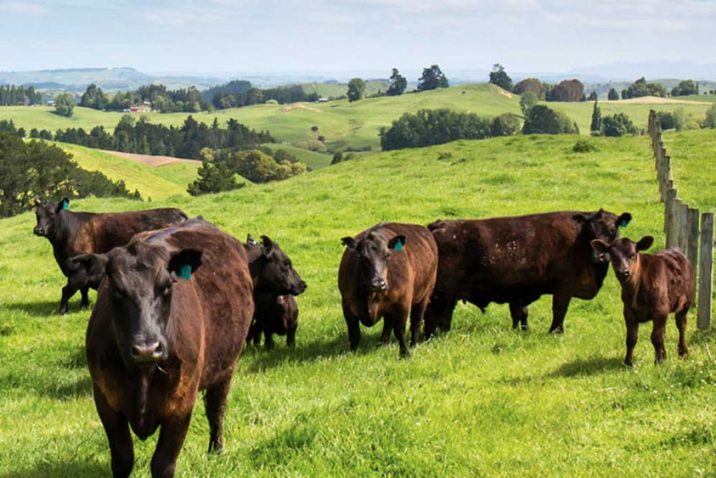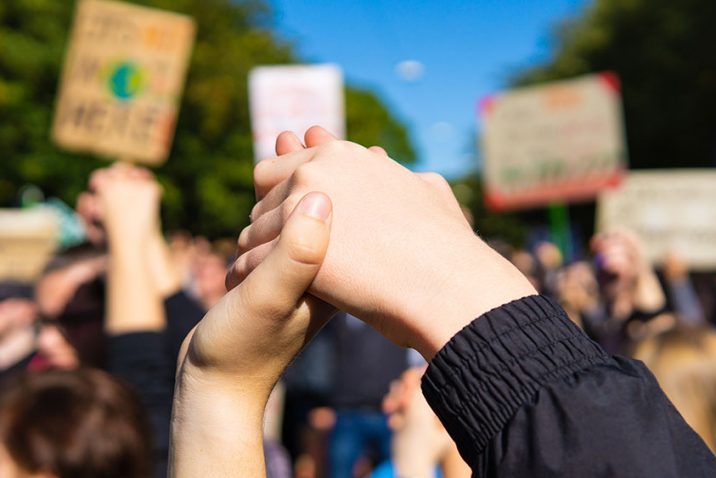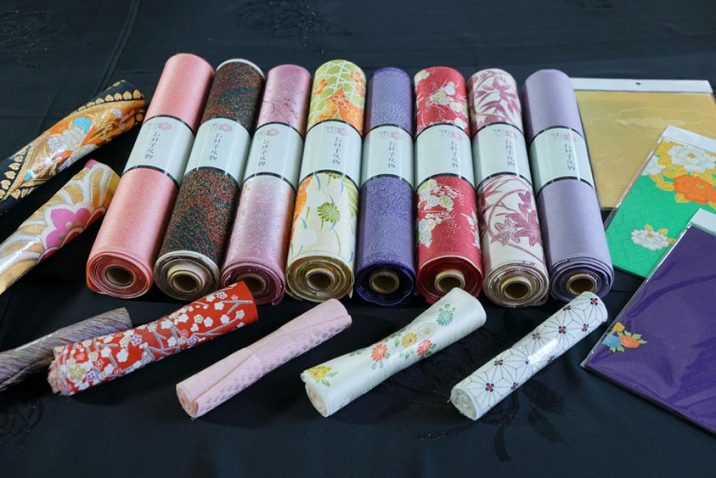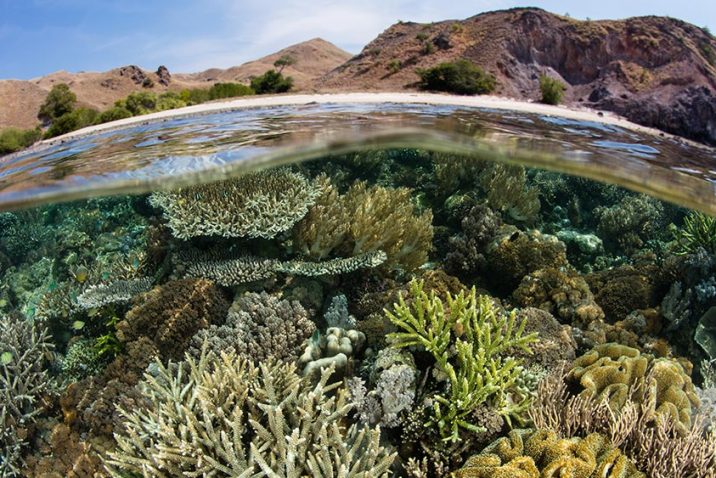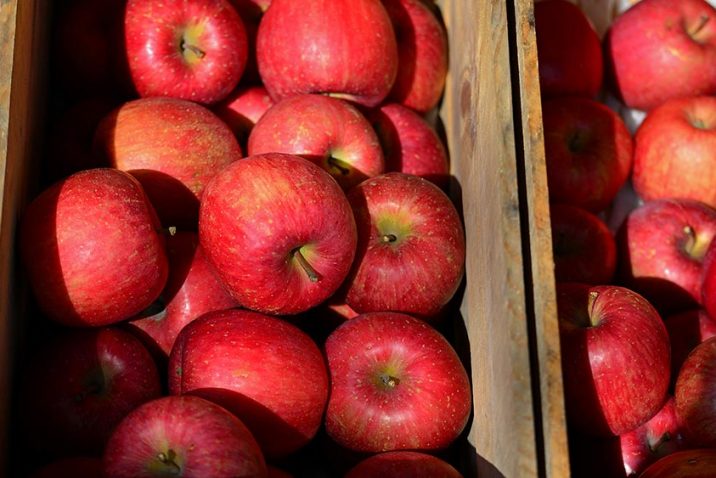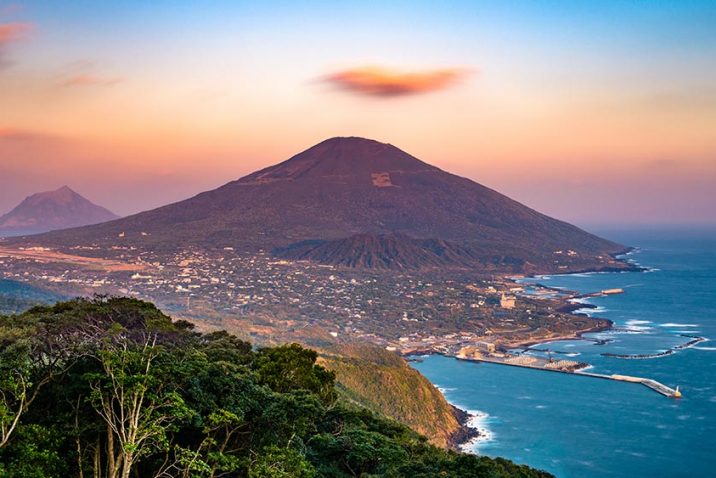Behavioral science can explain why climate change skepticism exists. A series of experiments revealed that those who feel optimistic about the projection of climate change spent less time focusing on arguments for climate change than non-optimists...
In democracies, politicians represent those who vote for them. The greatest beneficiaries of climate change policies are young people, including the unborn and those too young to vote. These generations will be the hardest hit if the current crisis...
A 2014 survey showed that over 80 percent of consumers in the United States prefer food options that protect the environment. It becomes evident that there is a growing interest by modern consumers in the landscape of food sustainability. Existing...
Young people worldwide are no longer tolerating a lack of action on climate change. They are taking action to ensure they can have a safe and sustainable future. The most notable example is Greta Thunberg, one of many leading climate activists in...
A Tokyo company that upcycles used kimono fabric has won an EcoPro Award for a circular economy initiative that passes on an aspect of culture. Nihon Reuse System received the excellence award for its “ohariko jigyou,” or seamstress...
We live in an age of intensifying societal and systemic challenges, including climate change, ocean plastic pollution, and food loss. Now more people are taking action than ever, whether as citizens, entrepreneurs, or investors. Not surprisingly...
Climate change will expose our lives to serious threats in many ways, such as through social, cultural and natural resources. For example, population displacement due to sea-level rise is a potential crisis that looms over major coastal cities such...
Rapid climate change can lead to unusual life cycle events and disrupt animal food chains, both of which contribute to abrupt biodiversity losses. Arctic and mountain species are particularly vulnerable to warmer temperatures. For example, a decline...
Food production is affected by climate change, which has made growing conditions more difficult in several regions globally. Firstly, extreme weather can reduce yields as it damages the soil structure. Intense floods drown crops and pollute water...
The Japanese archipelago has a number of remote islands, many of which face very harsh conditions due to depopulation and the decline of the tourism industry. One such island, Hachijo-jima, part of the Tokyo-administered Izu Islands, was once known...




